What type of non-toxic insulation is best for kids rooms that are being remodeled?
We have purchased an older home that has stone walls behind the existing walls that are now no longer there. We will need to put insulation in and wanted to know the neat kind and from what company that would have the least harmful chemicals while providing the best insulation.

















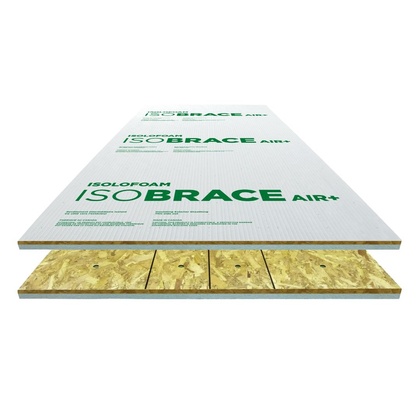
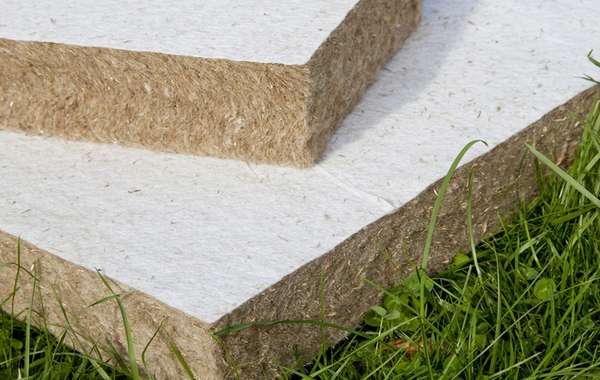
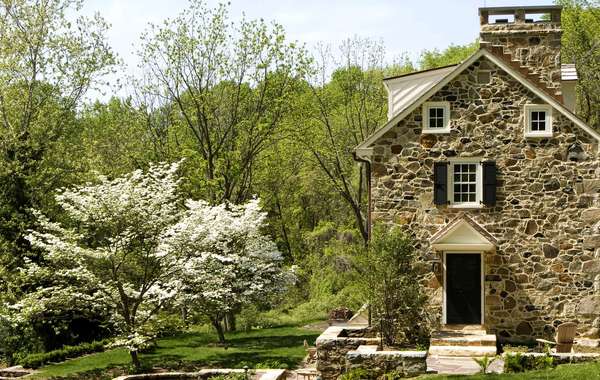
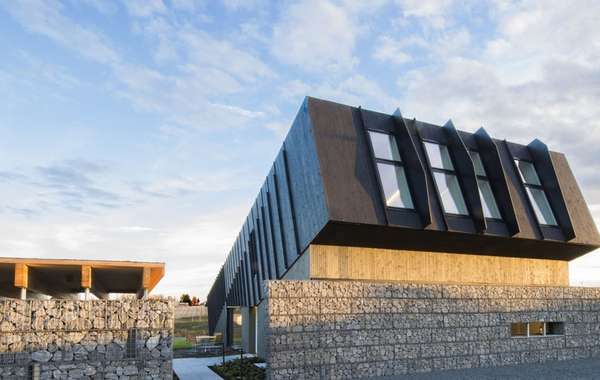
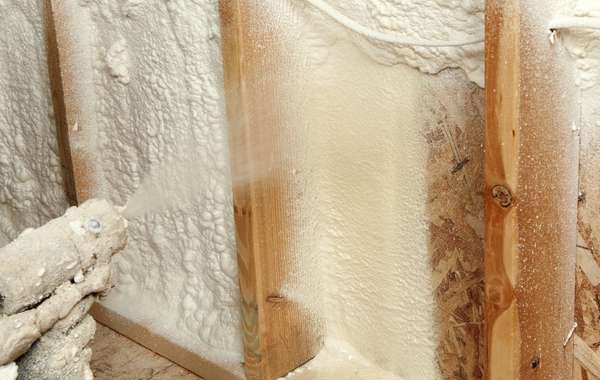
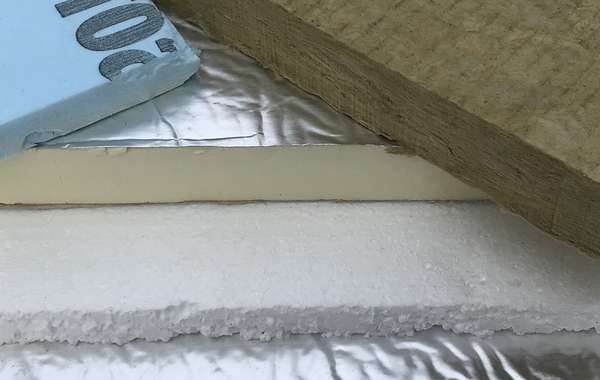


For finding non-toxic and natural building materials for home renovations, I would first point you to this page that lists different types of insulation along with their uses, and a general idea of how healthy they are:
Choosing the right insulation for the right applications in home building
That page will give you a good idea of some of the options, but to point out a couple that may be of the most interest to you, look into Rockwool mineral wool insulation, as well as hemp insulation. if you have trouble sourcing either of those, you will find that the most common insulation available is fiberglass, and it is really just the installation process where it can cause respiratory issues. There is nothing inherently toxic about fiberglass batt insulation once it is installed inside your walls behind drywall and there are no more airborne particles.
The ones to avoid given that air quality is your concern would be in our opinion, foam products. They are blown with chemicals and will off-gas for an extended period. Some people have adverse reactions to the smell at first, and certainly there are indications of health risks with spray foam insulation.
Another point worth considering – was this house insulated at all? I am only raising that question because old stone homes in cold climates would stay relatively warm due to a lack of insulation, and that protected them. If you insulate from the inside, then the stone exterior will freeze in winter, and sometimes there is a risk that homes will now be at risk of damage to mortar from the annual freeze / thaw cycle.
If the mortar between stones is not in great condition, then you may be wise to even reduce the amount of insulation so you can protect the mortar from cracking. I’m not trying to throw a monkey wrench into your plans but its worth considering, ,so if you're hiring a builder to do this ask them to assess the condition of the stone wall. And my questions to you – where are you building? Is the exterior wall generally uninsulated and does it have stones from top to bottom? And is there any current sign of cracking?